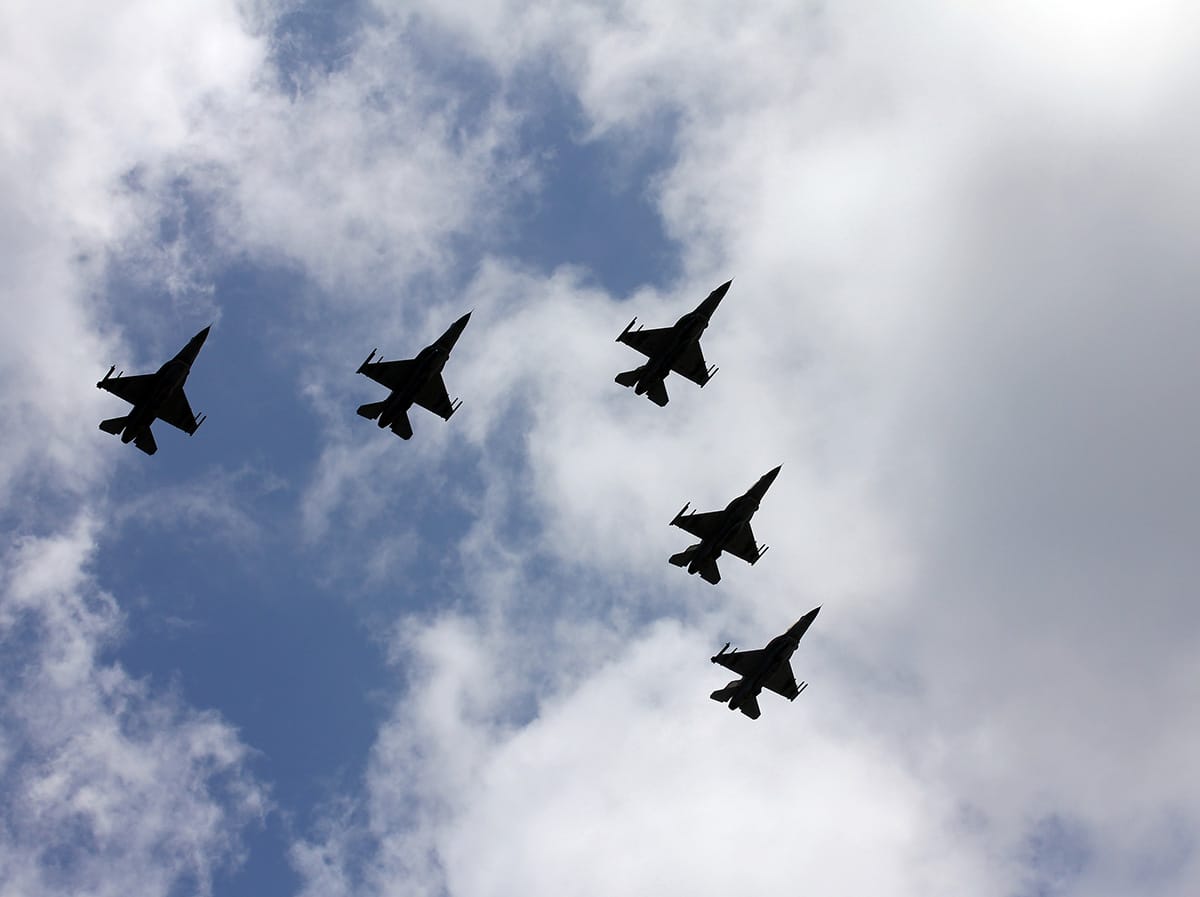The fall of the Assad regime should signal to Israel that, amidst the chaotic sequence of events, it must uphold two critical interests. The first is to destroy the capabilities of the Shiite Ring of Fire. The second is to avoid being trapped in a Sunni Ring of Fire.
The Shiite Ring of Fire was first breached with the downfall of Hezbollah and Hamas. Breaches continued with an Israeli strike that stripped Iran of its air defense capabilities, and with the rapid collapse of the Assad regime — a development echoing across the Middle East. This is not merely the fall of a regime that was hostile to Israel and was part of Iran’s Sunni Ring of Fire. It is also a psychological game-changer that could reinvigorate the Iranian rebels.
In an effort to fortify itself, Iran is accelerating the development of its nuclear weapons. A report by the Office of the Director of National Intelligence in the U.S. indicates that Iran has speeded up its uranium enrichment so that it will potentially be able to manufacture 12 nuclear bombs.
Russia, too, has a stake in Iran’s nuclear progress, raising concerns that Russian technologies could be transferred to Iran to shorten the time required to manufacture a nuclear bomb and strengthen the resistance from the Axis of Evil.
In the face of Iran’s rush toward nuclear armaments, Israel is counting the days until Trump enters the White House. The question is how many days we have left in our quiver before Iran achieves a bomb that could, Heaven forbid, once more reverse the region’s momentum.
Therefore Israel must act immediately to destroy Iran’s nuclear program and, along with it, the remnants of the Ring of Fire that Iran has constructed around Israel.
The second interest that Israel must uphold is rooted in an ancient Machiavellian principle that says every change begets another change.
It is already evident that Iran’s decline paves the way for Turkey’s rise. Erdoğan is lurking around the corner in hopes that Israel will mount the attack and that the Iranian regime will falter. He would then seize the opportunity he has been awaiting and attempt to position himself as the region’s Islamic power.
Whether actively encouraged or passively approved by Turkey, the offensive from Syrian rebels under Hayat Tahrir al-Sham was made possible by Turkish financial and military support. It not only benefits Erdoğan strategically by advancing his regional hegemony, but also benefits him tactically by weakening the Shiite axis, pushing the Kurds away from Turkey’s borders, and returning Syrian refugees who have been burdening Turkey’s economy.
Israel’s understanding of its own future interests on the battlefield against the Turks must therefore prompt it to strike inside Syria now. During the current war Erdoğan, an extreme jihadist who seeks Israel’s destruction, has taken every step to label Israel as an enemy and display his practical intent to harm it. In July, for instance, he spoke of invading Israel the way he invaded Karabakh and Libya: “Just like we entered Karabakh and the way we entered Libya, maybe we’ll do the same thing. …We have to be strong.”
Unlike Iran, Erdoğan possesses a modern, well-equipped military. This includes twice as many enlisted troops as Israel, approximately 10% more fighter jets, nearly twice as many tanks, four times as many warships, and more than twice the number of submarines (!).
Although Israel holds military superiority over Turkey in quite a few aspects, one of the challenges in confronting Turkey could lie in a preemptive Israeli strike because Turkey is a NATO member. Under the NATO framework, an attack on one member state is considered tantamount to attack on them all.
In conclusion, it is a necessity — and an obligation — for Israel to complete the destruction of the Shiite Ring of Fire. At the same time, its operations in Syria against Erdoğan-aligned rebels must be subject to a calculated assessment of Israel’s future interests in a possible war against Turkey as well as to a resolute decision that the Shiite Ring of Fire must not be replaced by a Sunni equivalent.
The views expressed in this article are those of the author and do not necessarily represent the views of the movement



